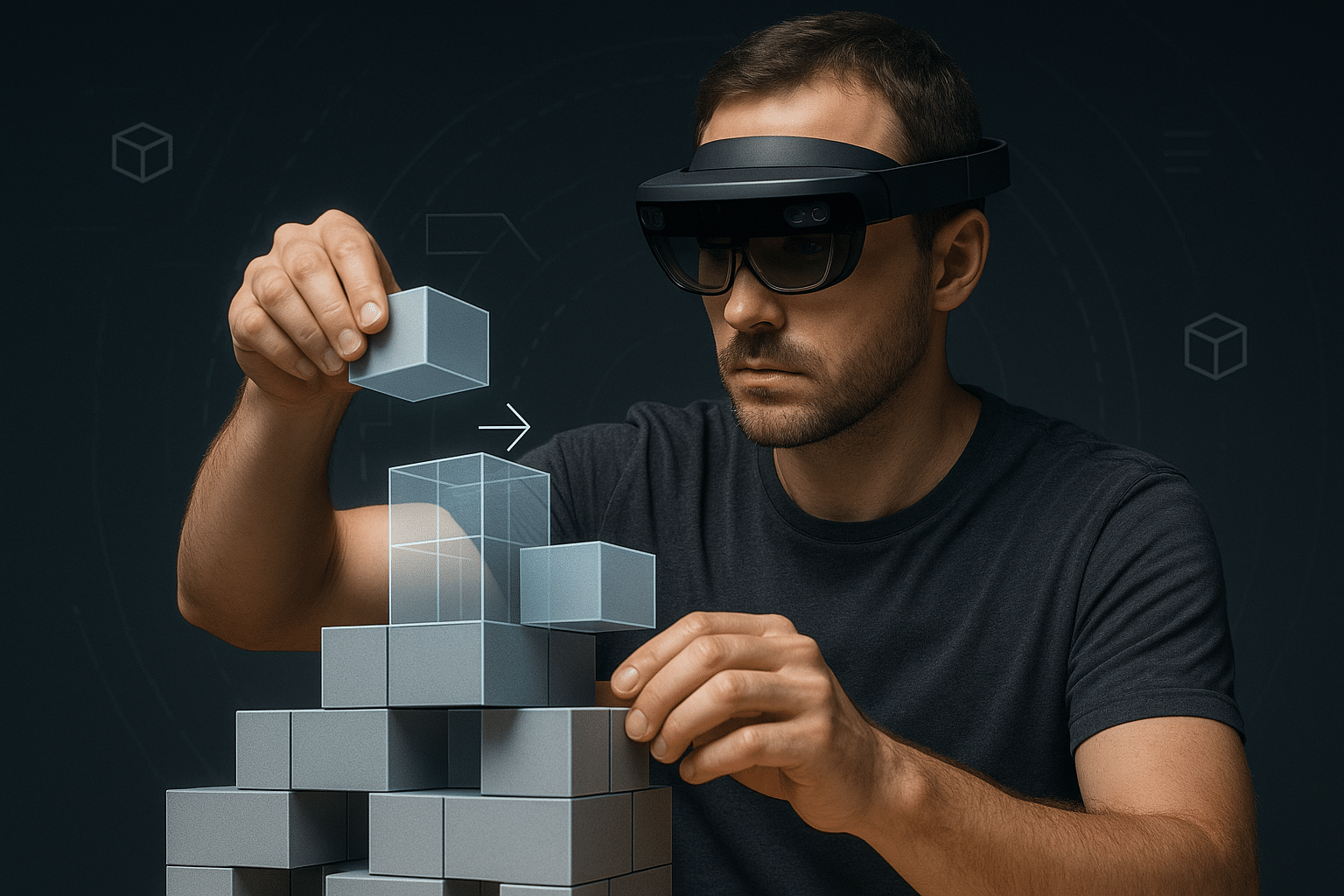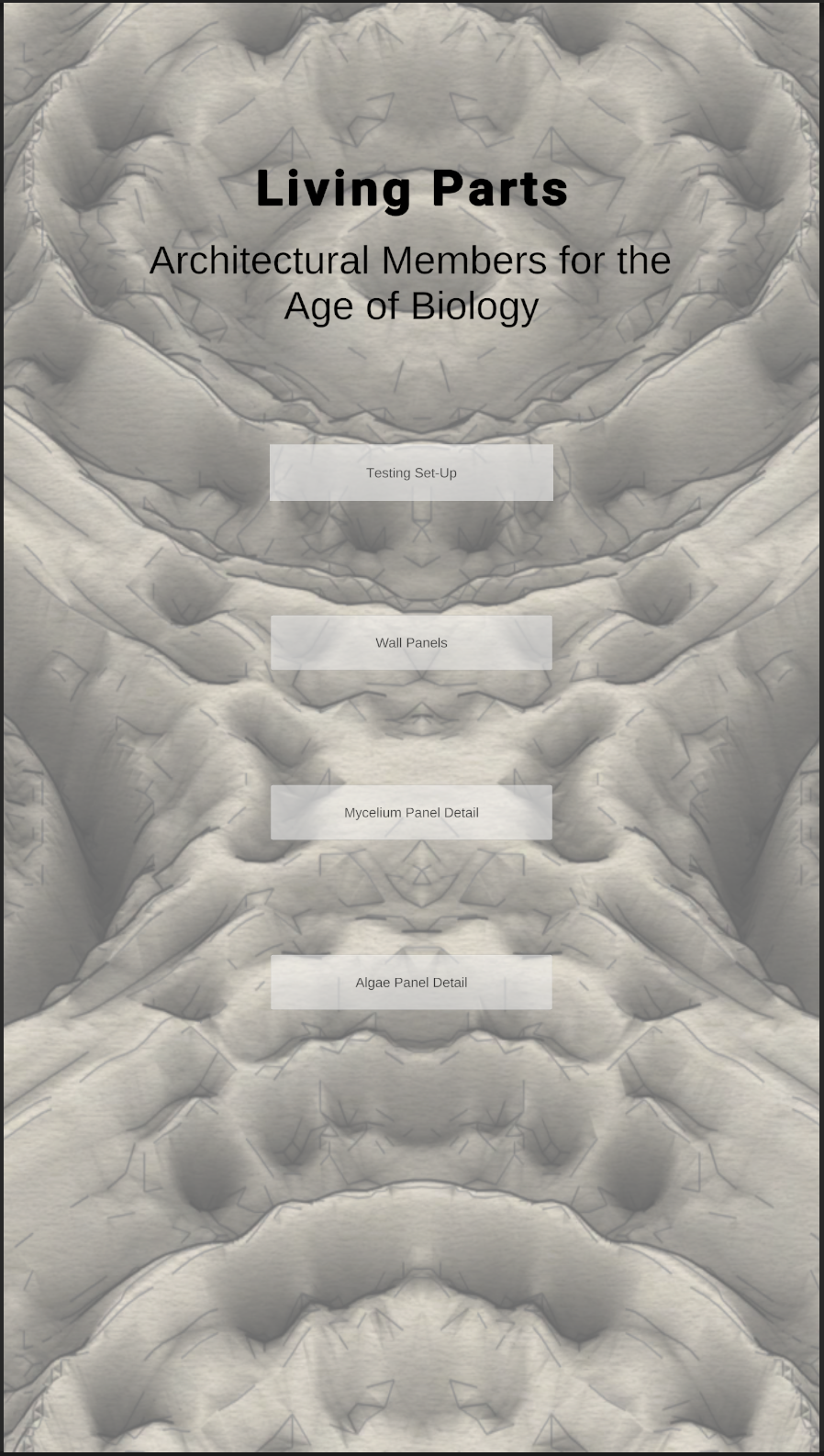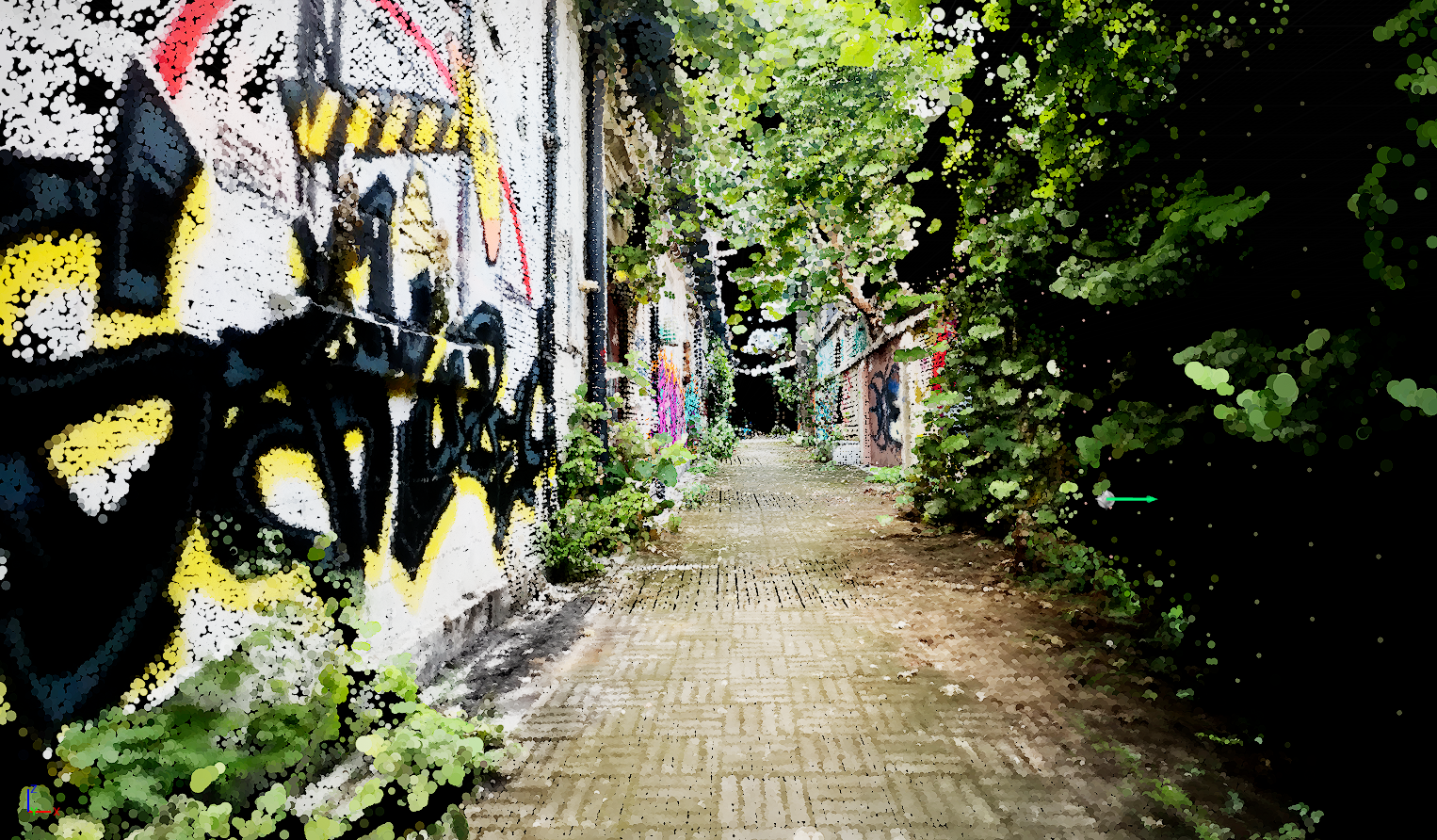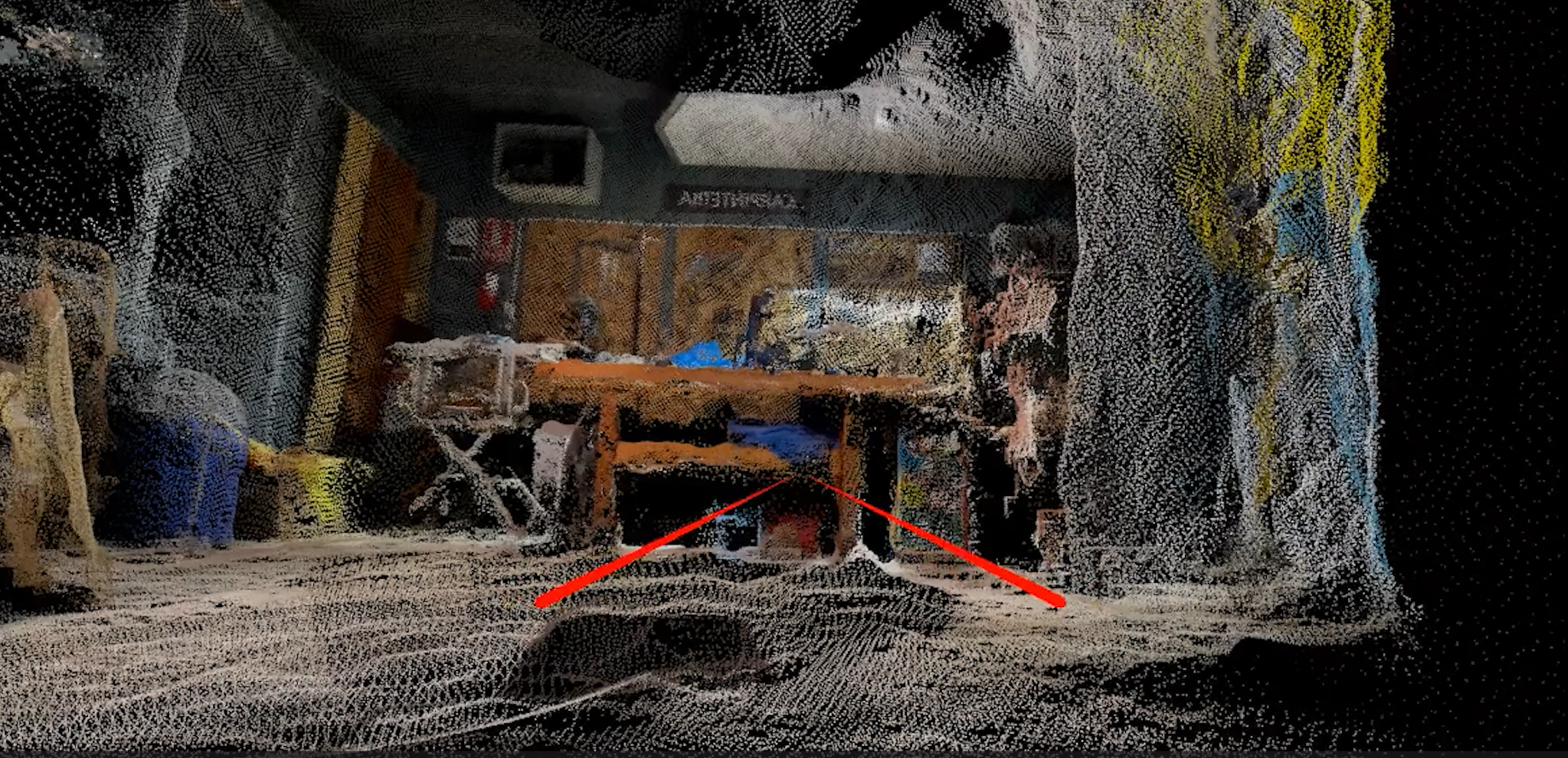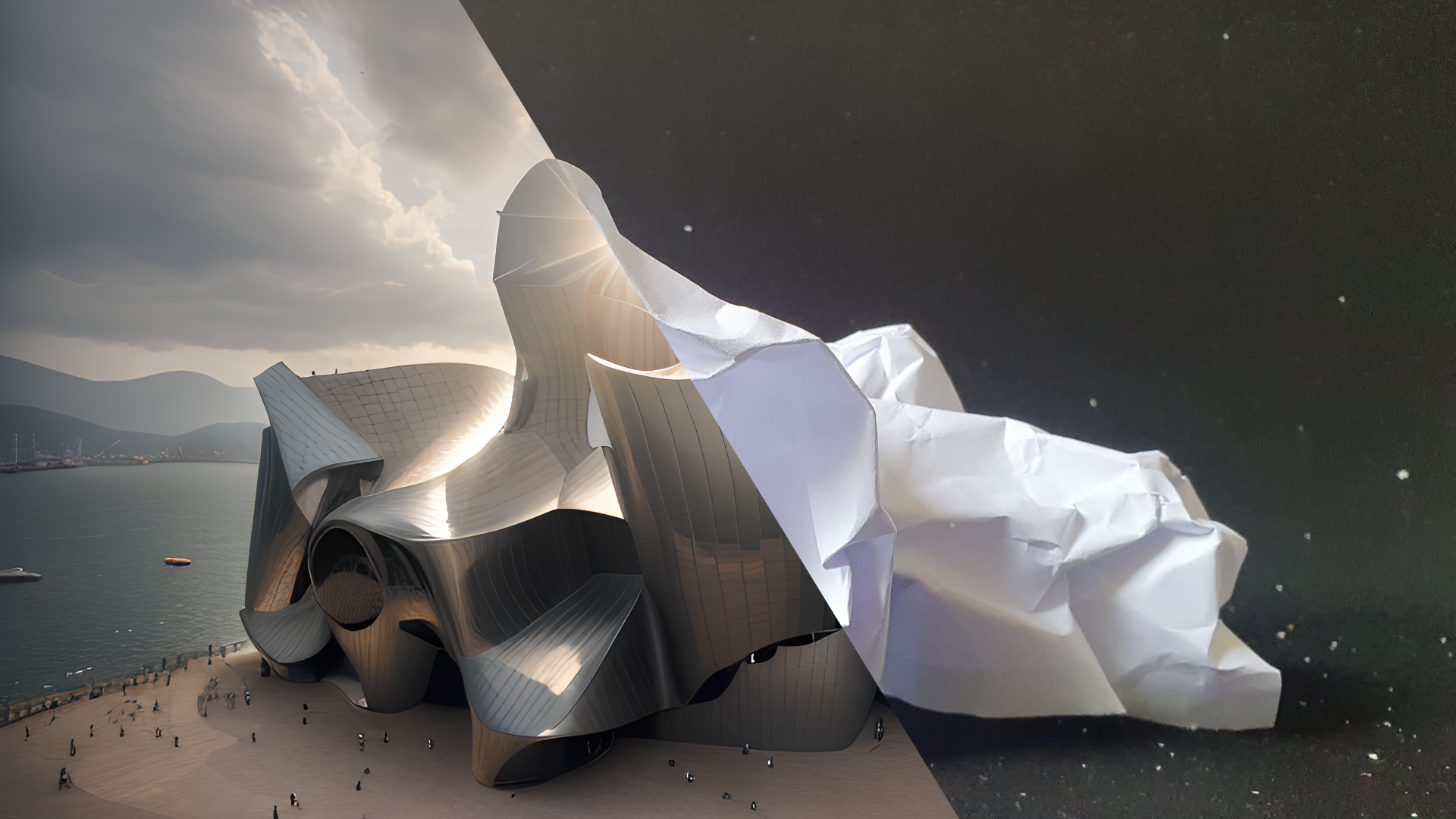During the second year of the Master in Advanced Architecture + Thesis Project (MAA02), students have the unique opportunity to work for a period of 1 year on an Individual Thesis Project, focused on the development of a research or pilot project based on the student’s interest, and the learnings of the first year. IAAC supports the student in selecting their Thesis Project topic in order to better orient them according to their future career interests and opportunities. Each student, according to their specific topic, is assigned one or more Thesis Advisors that follow the development of the work throughout the year.
In parallel to the development of the Individual Thesis Project, the second year of the MAA02 offers a series of seminars enhancing the theoretical, practical and computational skills of the students.
Augmented & Mixed Reality
This studio explores the possibility of using AR in architecture with Unity. Living parts is a thesis focusing on the use of Biomaterials in Architectural Elements to sequester environmental carbon dioxide. Unity is used here to map the data from the CO2 sensor to Unity and see the data collected with the help of a … Read more
Neuroimmersive Space: User-Centric Adaptive AI-Generated Virtual NeuroArchitecture
Our surroundings have a significant impact on our thoughts and emotions and influence our overall well-being. This research project focuses on exploring the significant relationship between our mental states and surroundings, emphasizing the need to reimagine spaces as interactive, adaptable environments that prioritize mental well-being. Technological advancements such as virtual reality (VR), artificial intelligence (AI), … Read more
CHAN-KA
Project Chan-Ka: Pioneering Sustainable Lunar Habitats The concept of Project Chan-Ka represents a significant leap in lunar habitation design. This innovative approach to creating a sustainable environment on the Moon is a testament to human ingenuity and the relentless pursuit of space exploration. The project envisions a habitat constructed from interlocking 3D printed components made … Read more
Controlled Creativity
Empowering Architectural Design with AI Diffusion This research explores the use of ControlNet with Stable Diffusion to enhance architects’ control over AI generated designs made by diffusion models. The objective is to expand the creative scope in architecture and transform the perception of AI from a potential threat into an opportunity for innovation and increased … Read more
Picaissino
The Pitch Deck for this personal project was developed during the Business Innovation course at IAAC.

